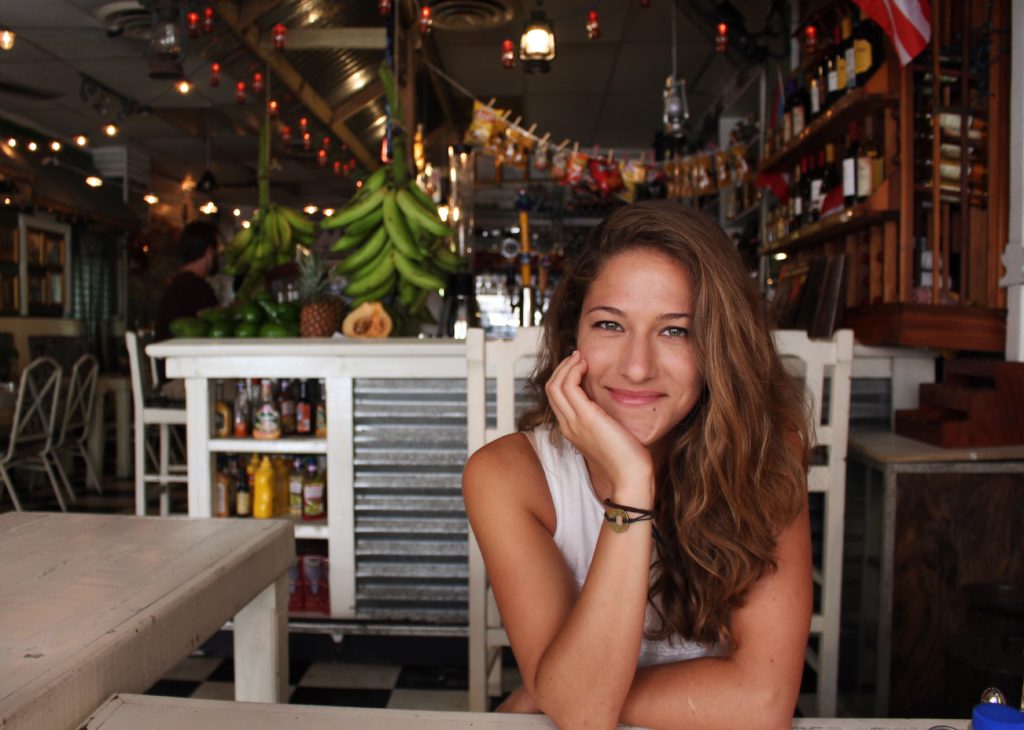
“A travel writer? How’d you get into that?”
This is the most common response I get when I tell people what I do for a living. Being a freelance travel writer seems pretty straightforward if you’re in the industry, but outside the publishing world, a lot of people have no clue that travel writing is a profession. I’ve probably explained to my mom’s friends ten times, in ten different ways, what I mean when I say that I’m a freelance travel writer (and that, yes, it’s a real job that really pays the bills).
If you’re still in the dark, wondering what a travel writer is, exactly, here’s a short and sweet version: I write articles for travel and lifestyle publications.
The other demographic I field a lot of questions from is the aspiring freelance writer—the fresh-faced student or recent graduate who wants to do what I do. This post is for them.
I vowed early on in my travel writing journey to help fellow freelancers any time I have the opportunity. As I hesitantly embarked upon a freelance writing career—whatever that was—I quickly learned that this is a tough and often lonely industry. There’s no clear path forward, no instruction manual, and few lodestars to affirm that you’re doing the right things to get where you want to go. (The destination itself is often fuzzy, too.)
There’s no college course to take or syllabus to follow or degree to earn to become a freelance travel writer. This is a career you truly make up as you go. And for a Type-A, rule-following, syllabus-reading, lifetime-4.0-GPA kind of student like me, that was one rude post-grad awakening.
I dove in full-time around November 2017, but I still consider myself very early in my freelance career. I often feel like I have no advice to give because I’m still figuring things out on the daily! But I’m a few years into full-time freelance writing now, so I realize I’m further along than some—and have hit goals and milestones that were once only a dream. So I’m happy to share what I’ve learned, however rudimentary.
Quick timeline of my career:
- August 2012-May 2016: Studied at Palm Beach Atlantic University in the Honors program
- June 7, 2014: Got married (Not a necessary step in a travel writing career but I wholeheartedly believe it was one of the best decisions I ever made) (Results vary; proceed with caution)
- 2015: At some point in my junior year, I eventually declared an English major for three main reasons: 1) I’m a naturally gifted writer, 2) I love reading and an English major involves a lot of reading, and 3) my academic advisor forced me to update my “Undecided” status
- January-May 2016: Interned at Palm Beach Illustrated
- March 2016: Realized I probably should’ve studied Journalism if I wanted to enter the field of journalism (oh well!)
- May 2016: Graduated Palm Beach Atlantic University with a B.A. in English and minor in Psychology (psychology just because I find the subject fascinating)
- June 2016: My husband and I moved out of our apartment to travel full-time
- June 2016-January 2017: Lived around the world as “digital nomads” (at the time, I spent my days writing for my blog, aiming to become a successful blogger and social media influencer, and working part-time for MONQ as their Influencer Marketing Manager)
- Sometime in 2017: Realized I wanted to be a writer getting published in established outlets, not a blogger focused on growing my own website and social media presence
- November 2017: Quit my job at MONQ and devoted myself to freelance writing full-time
You can also get a feel for the flow of things from my portfolio (older and less impressive outlets/clips are toward the bottom) and LinkedIn.
Since I’m putting this together just as a helpful resource (I don’t use my blog much, and don’t make any money from it), below I’m going to copy and paste tidbits from past exchanges with aspiring writers who have come to me for advice on starting out.
How did you enter into the world of freelance writing?
I made it up as I went! I interned at Palm Beach Illustrated during my senior year of college, which really helped me understand how the industry works. After that, I just took whatever paying writing opportunities I could find and then, over time, got more picky and more ambitious.
What has been the biggest challenge of being a writer? What is the greatest joy?
Every single day is full of both. The main challenges come in the form of rejections from editors (or, worse, just no response at all, even after repeated follow-ups), chasing down late payments (the absolute bane of my existence), and the volatility and lack of reliability of this line of work… there’s not really such a thing as a “regular paycheck” or an income amount I can fully rely on month to month.
To combat that, I’ve set a minimum I’m confident I can hit each month, then work on surpassing it (and usually do). I also like adding regular gigs to my docket, such as a monthly column or an ongoing contract with a content marketing client. This helps reassure me of a baseline I can count on and expect, at least for the immediate future. Above any particular subject matter, reliable clients are the best clients.
The greatest joy by far are the incredible, unbelievable experiences I get to have on the regular… free trips around the world, being treated to once-in-a-lifetime experiences, etc. Also, the freedom to create my own path and schedule. Tons of perks to this “job”!
What prepared you best for this career?
My internship at Palm Beach Illustrated. And my entrepreneurial, big-dreaming, go-getter of a husband (who I married after our sophomore year!).
What advice would you give to an aspiring writer?
If you’re still in college, intern at a respected publication, ideally in New York City. Internships are KEY and will be the single most helpful thing you do for your career. They are vital to success in this industry since so much of it relies on having “experience” even for entry-level type positions. And the connections you make will very likely be the lifeblood of your career. In a best-case scenario, you could end up working or writing for the publication (if that’s your goal). Otherwise, you may follow the editor(s) you worked with to other publications as they change jobs or get promoted, or even freelance for your fellow interns as they take jobs at publications. At the very least, it’s a surefire way to get some solid clips in your portfolio.
Otherwise, even writing for the college newspaper or something similar can be helpful. Other recommendations: study Journalism or Communications in college and self-educate by reading all the blogs, articles, etc. on freelance writing that you can find.
I read EVERYTHING POSSIBLE on travel writing when I was starting out… some of my favorite online resources were/are [see below!]. I read everything they had to say until I eventually got a good feel for how the whole thing works. They’re not 100% right on everything, in my experience, but they’re certainly helpful resources with lots of info. I carved a path of my own out of their advice (and didn’t pay for any of their online courses, FWIW).
Do you have any tips for the best places to start building your portfolio or know of any opportunities in freelance writing and editing?
You’re starting from a good place, having clips from [—]. Honestly, paving a path in this career is just doing a lot of whatever you can, over and over again. When I was first starting out, I just pitched like crazy and went to any event I could where I would meet fellow travel writers and/or editors (TBEX, press trips, etc.) Eventually, you make connections, and then start to place better and better stories in better and better publications.
You can start small, of course, but don’t waste your time doing any work for free. Outlets that don’t pay are typically easy to spot because no one’s heard of them, and thus those “clips” don’t matter to a respectable editor.
I’d say the best places to “start” building your portfolio (though with [—], you already have a solid base!) are wherever you want to get published. I know that sounds dumb, but make a list of your dream publications and then just… pitch them. And pitch them and pitch them and pitch them, again and again, until something works. It’ll sound like radio silence 99% of the time, but eventually you may at least get a response, and from there, maybe an assignment.
Spend a ton of time brainstorming and have a huge list of ideas/stories ready to go. Then just keep looking for the places where they’d best fit, and proactively pitching them. Eventually, something will stick.
I have found that the best way to get editors to even open your emails is to meet them in real life. Building relationships with editors is one of the few ways of breaking into a publication that I’ve seen work. Things just kind of expand out from there.
Do you generally have article ideas and pitch to relevant publications or find outlets first, then write what they want?
Generally, yes, I start with article ideas and then pitch to relevant publications. Even now, with outlets I’m writing regularly for, I rarely receive an assignment or a situation where they come to me with a story idea and ask me to write it. (Those scenarios are my favorite, because it’s less brainstorming on my end, but they’re rare.)
Resources I devoured at the beginning of my travel writing journey:
- Be a Travel Writer (Nina Ruggiero and Stacey Leasca) — This is a solid resource and course from my editor at T+L and a fellow contributing writer at T+L.
- Dream of Travel Writing (Gabi Logan)
- The Freelancer’s Year (Lindy Alexander) — I used to read her weekly newsletter religiously.
- The International Freelancer (Mridu Khullar Relph) — An especially great resource for minorities or those with a unique niche.
- Make A Living Writing (Carol Tice)
- PitchTravelWrite (Roy Stevenson) — He’s kinda old-school, but proof that you can have a prolific, strategic, and well paying career in freelance travel writing.
Whether you’re a seasoned freelancer or just setting sail, congratulations on embarking on the single most rewarding yet unpredictable career out there. It’s a blast, and the best “job” in the world!
